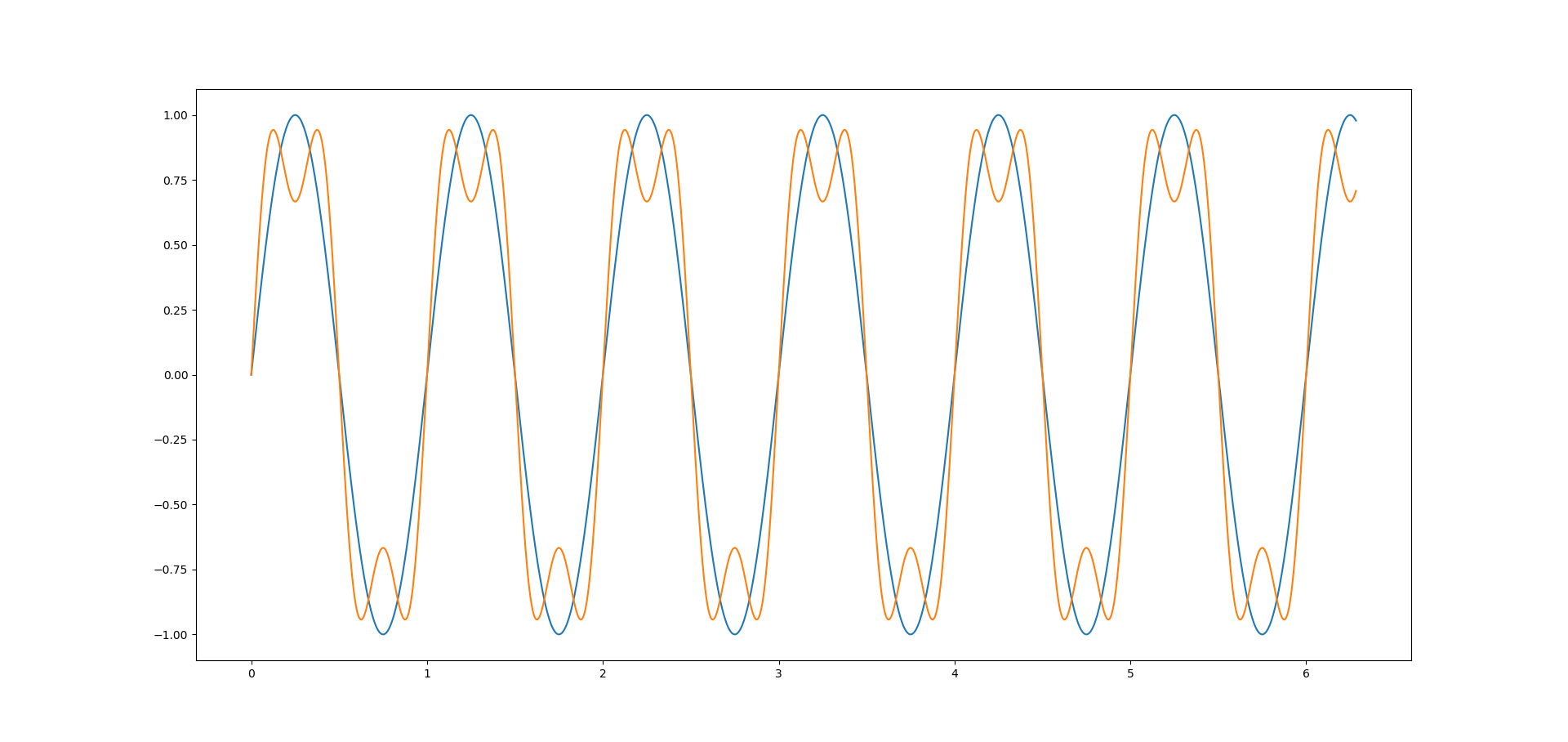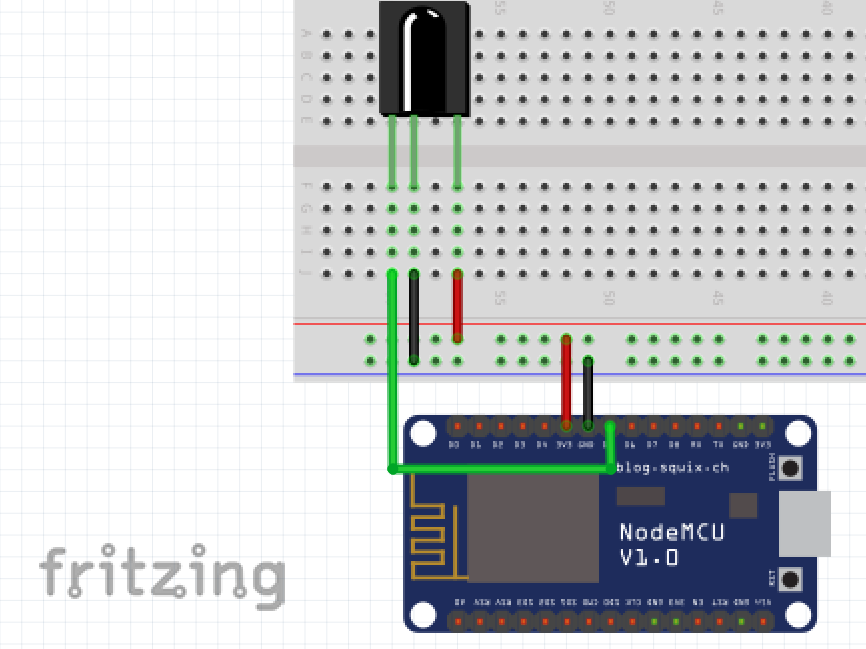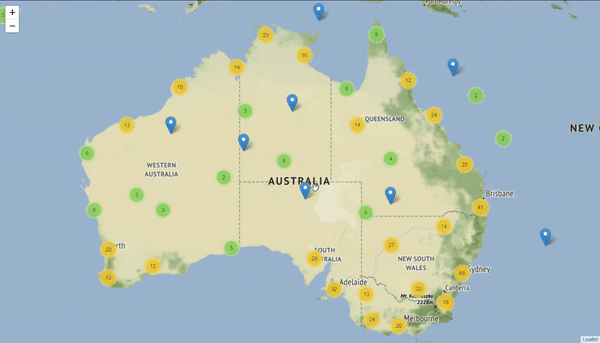Episode 11 - Power Quality Explained
Posted by Jack McKew on Fri 01 February 2019 in Engineering • Tagged with power, electrical, python • 5 min read

I've always lived by the rule that if you can't explain something to a 5 year old then you don't know it well enough. I was asked recently by some (non-electrical focused) colleagues on a handful of electrical terms and components. One of the biggest things that kept popping up …
Continue reading


